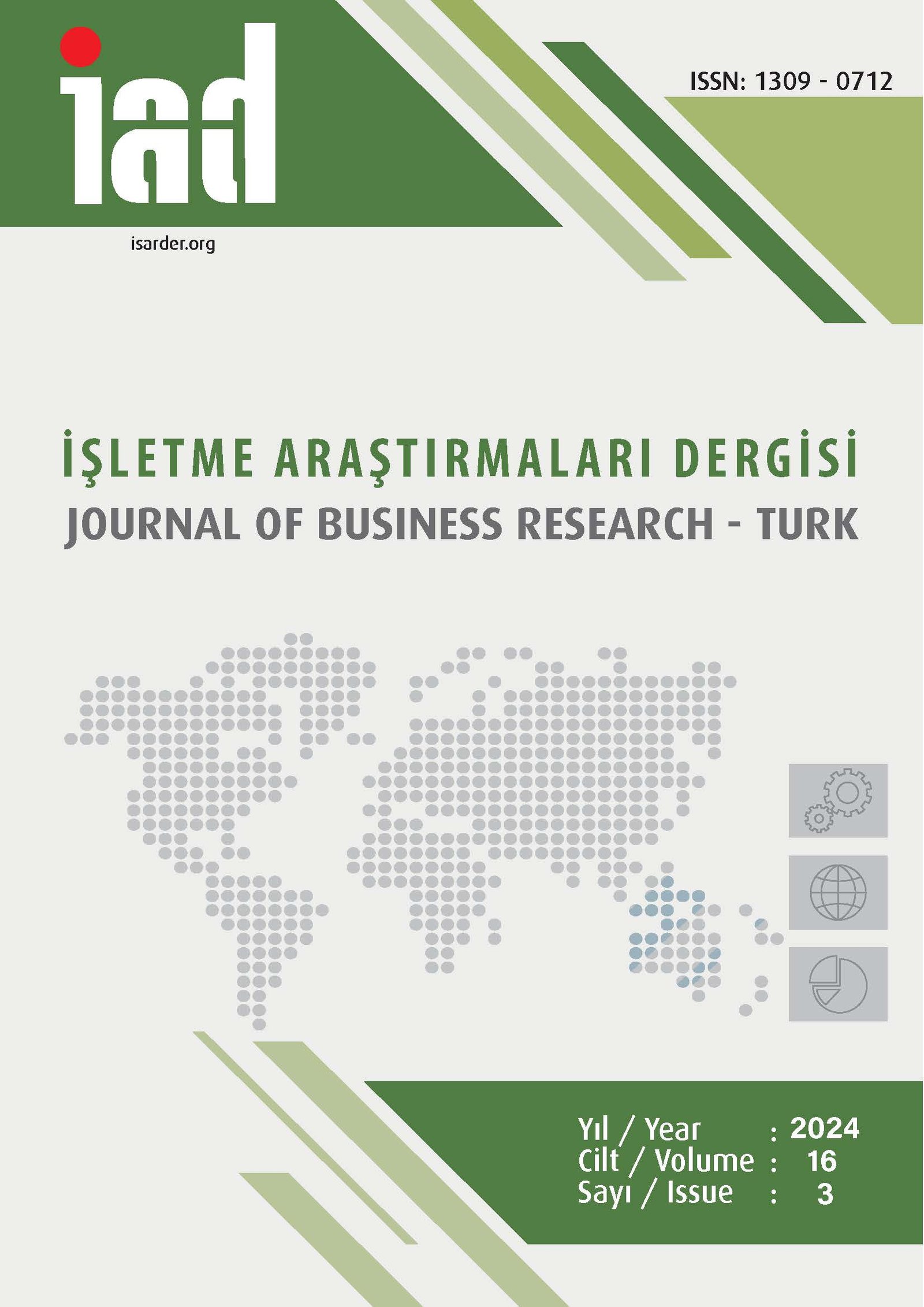Considering Impulse Buying Behavior on the basis of Islamic Religiosity and Food Retailer Preferences: An Empirical Study in Türkiye
DOI:
https://doi.org/10.20491/isarder.2024.1858Anahtar Kelimeler:
Islamic Religion- Impulse BuyingÖzet
Purpose – This paper aims to investigate consumers' impulse buying behavior on the basis of retailer equity, Islamic religiosity and food retailer preferences.
Design/methodology/approach – Consumers aged 18 and over who live in Türkiye, who are assumed to have knowledge about their religious beliefs and will answer the questions asked in this context correctly, were reached by convenience sampling method. This study was conducted by using the online survey method with a sample size of 480 participants. The model in the research was tested with the regression analysing method by using scales arranged with explaratory analyses.
Findings – The results of the study reveal that, the Islamic Religiosity Scale has a significant and negative effect on the Impulse Buying and the Retailer Equity Scale has a significant and positive effect on the Impulse Buying. It is seen that the Consumer Food Retailer Selection Scale does not have a significant effect on Impulse Buying.
Discussion – Although the research findings, which show that consumers' religious beliefs do not have a significant effect on their grocery shopping, are not generalizable, they make the idea that the religious population, which constitutes two-thirds of Turkey's population, use their religious beliefs as a guide in their grocery choices debatable.
İndir
Yayınlanmış
Nasıl Atıf Yapılır
Sayı
Bölüm
Lisans

Bu çalışma Creative Commons Attribution-NoDerivatives 4.0 International License ile lisanslanmıştır.





